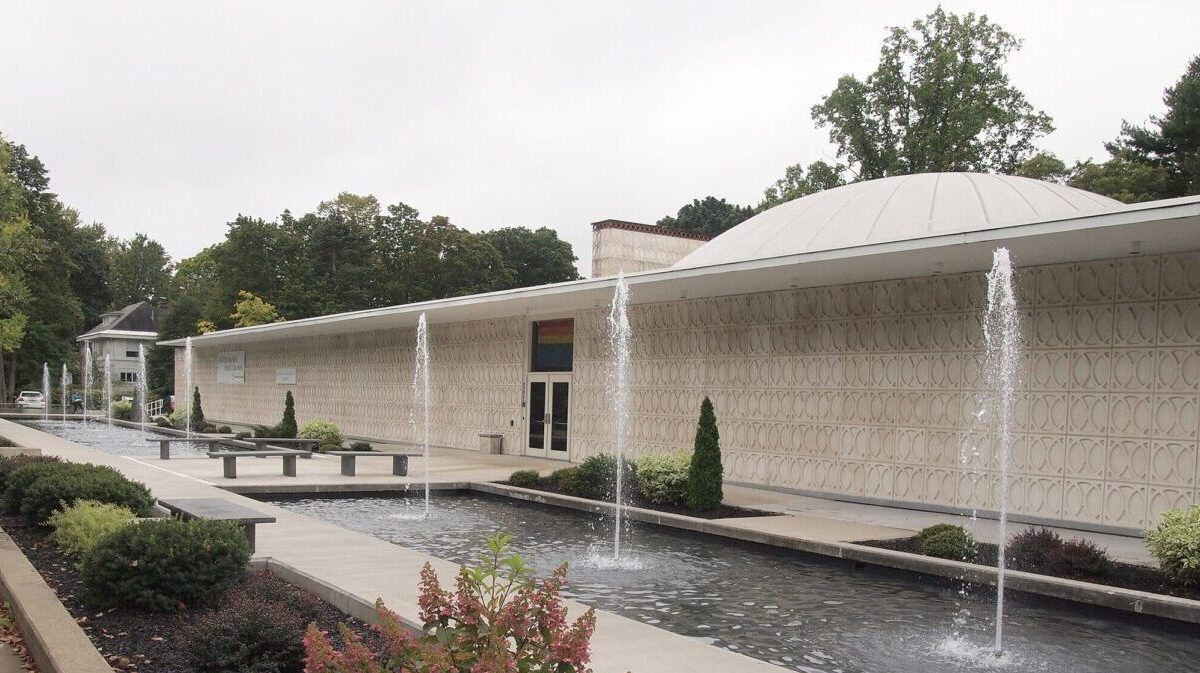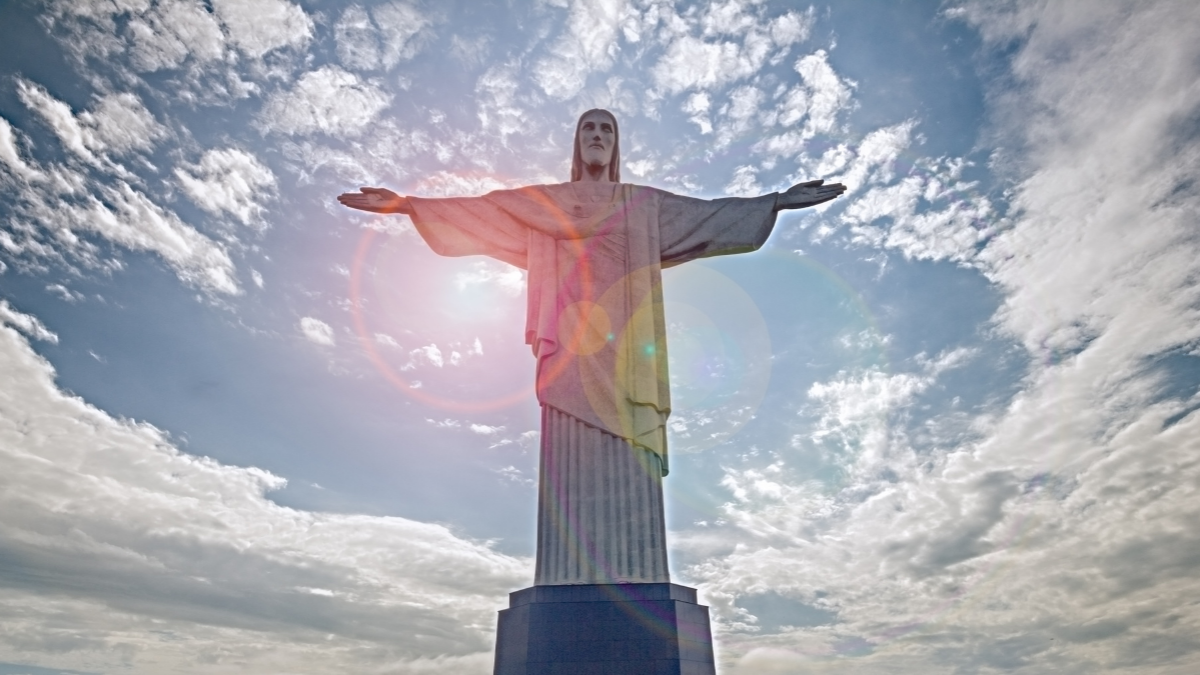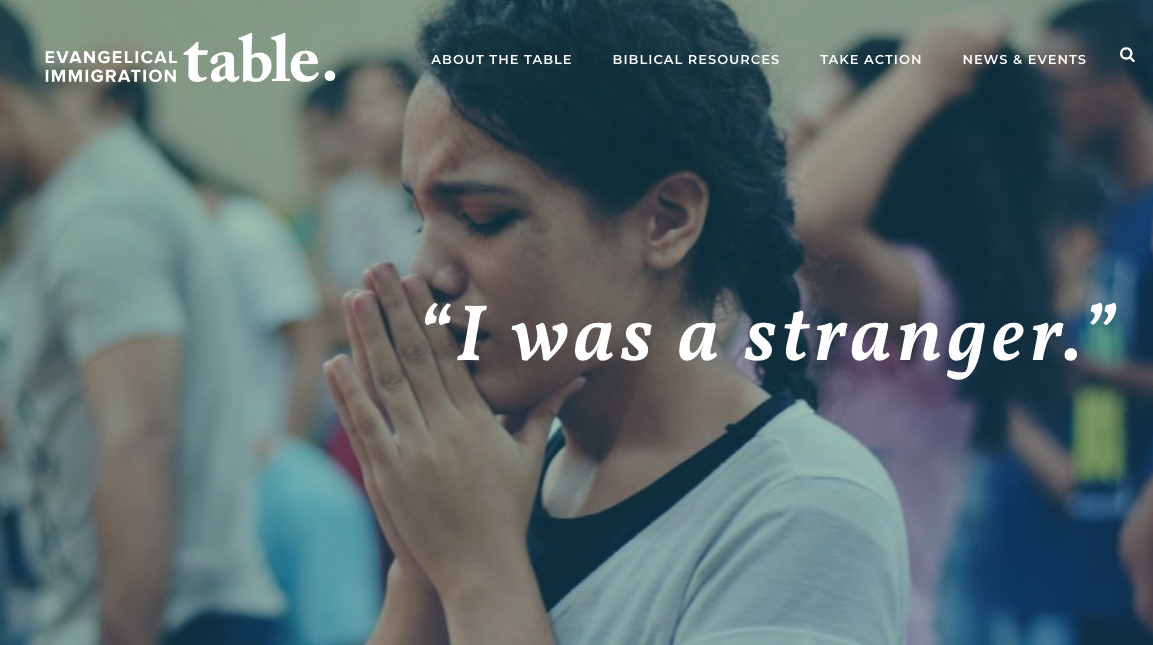We need a church for the nones, or Americans who say they don’t belong to a particular religion. That’s what The Washington Post’s Perry Bacon calls for in a much-ballyhooed column last month. “Start the service with songs with positive messages. … Reserve time when church members can tell the congregation about their highs and lows from the previous week. Listen as the pastor gives a sermon on tolerance or some other universal value, while briefly touching on whatever issues are in the news,” Bacon suggests. Sunday services would be supplemented by volunteer, community-service activities, he adds.
Bacon, who grew up evangelical, communicates a yearning felt by many Americans in this atomized age. Surgeon General Vivek H. Murthy, in a recent advisory titled “Our Epidemic of Loneliness and Isolation,” asserted: “Religious or faith-based groups can be a source for regular social contact, serve as a community of support, provide meaning and purpose, create a sense of belonging around shared values and beliefs, and are associated with reduced risk-taking behaviors.” Church, even our post-Christian culture can admit, is healthy for us. Sen. Chris Murphy, D-Conn., argued much the same in a June speech, citing the values of churches to address our “epidemic of loneliness” by giving us “connection” and “meaning.”
A church without God, prayer, or the Bible; a church for fellowship not faith, service not sacraments: that’s supposedly what lonely Americans need. Yet can such a civically focused ecclesial institution, or set of institutions, replace our increasingly empty (or repurposed) churches? In fact, they already exist, and have proved just as incapable of replacing the role vacated by that “old time religion.”
Mainline Protestantism Has Already Failed at Church Without God
Some have recommended Unitarian Universalism, which welcomes a wide diversity of religious (or areligious) beliefs as long as their adherents accept various mantras associated with the political left (e.g. “justice, equity and compassion in human relations”). Yet Bacon doesn’t like the fact that the Unitarian Universalist church remains predominantly white and elderly, and lacks activities for children. He also cites a 10-year-old organization called Sunday Assembly that has attempted to establish “nonreligious congregations” around the world, though the group, which promotes “wonder and good” and “celebrat[ing] life,” is attracting few followers.
But let’s be frank. We don’t need to look to secular simulacrums of Christianity to identify craven appeasements to the gods of progressivism. Liberal Protestants long ago capitulated to the gods of the left and are little more than mouthpieces for the Democrat Party. Sure, the “Seven Sisters of American Protestantism” — American Baptist Churches USA, Christian Church (Disciples of Christ), the Episcopal Church, Evangelical Lutheran Church in America, Presbyterian Church (USA), United Church of Christ, United Methodist Church — still profess to uphold biblical doctrines. But would any of these mainline Protestant churches really discipline a member (or even a clergyman) who confessed they didn’t believe in various creedal documents or, for that matter, even Scripture?
Mainline Protestant denominations — or what’s left of them — are swimming with those whose membership is often attributed to the very same things endorsed by Bacon, Murthy, and Murphy. According to Pew, only a little over half said religion was important to their life, about 20 percent prayed little to never, more than half barely ever read the Bible, and 20 percent didn’t believe or didn’t know if heaven existed. And yet, these “tolerant” and “diverse” denominations are hemorrhaging even their like-minded attendees, some losing almost half of their total membership in little more than a decade.
America’s Abandonment of Religion Is About Apathy and Addiction
And it’s not as if the nones are champing at the bit to join secular civic organizations that, denuded of any deity, prayer, or Scripture, still offer camaraderie and community service. Between 2019 and 2021, formal volunteer participation in America fell 7 percent — the largest drop that the U.S. Census survey recorded since it began tracking it in 2002. Covid didn’t help any, but this is not a new trend: Volunteerism has been declining for decades.
No, Americans are not just abandoning God, but each other, escaping into their smartphones and streaming entertainment. “Americans spend an average of 13 hours and 11 minutes a day using digital media,” Forbes reported earlier this year. It’s not only unbelief with whom churches must compete, but Apple, Amazon, and Netflix. Loving your neighbor or the Lord your God doesn’t offer the same dopamine rush as Facebook, Twitter, or Instagram, I’m sorry to say.
This is why a church for the nones is dead on arrival. The nones don’t want it, as even Bacon must admit. “But I’ve not followed through on any of these options,” he writes of trying to find a new “ecclesial” home. “With all my reservations, I don’t really want to join an existing church. And I don’t think I am going to have much luck getting my fellow nones to join something I start. My sense is that … those who aren’t at church are fine spending their Sunday mornings eating brunch, doing yoga or watching Netflix.” Americans are too disenchanted with an “intolerant” and “illogical” religion and too addicted to its chemical proxies to think an areligious alternative will satisfy the longings in their soul. Choosing church for its social utility, liberal pundit E.J. Dionne acknowledges in a recent WaPo column, is not a particularly strong draw.
Only God Can Save Us from Ourselves
More than 16 centuries ago, a North African intellectual and private tutor heard a child playing a game and, curiously, felt compelled to pick up a book of the writings of St. Paul the Apostle. Less than a year later, he was baptized a Christian in Milan, Italy. By the time of his death in A.D. 430, he was already recognized as a man of unparalleled intellectual and moral acuity, as he still is today, even by non-Christians. “You have made us for yourself, O Lord, and our hearts are restless until they rest in you,” St. Augustine wrote in his Confessions, one of the earliest (and greatest) spiritual autobiographies ever composed.
Only when Americans relearn that we are, above all else, made for God, will our personal health improve and our communities once more move with brilliant energy and excitement, unanticipated byproducts of passionately orienting our hearts and minds to the transcendent and its transformative demands. Until then, expect little from ham-handed attempts to fashion church (and spirituality) to our personal preferences and peccadilloes. As a young Augustine himself learned, all that resides in such vain efforts is vapid self-worship.









